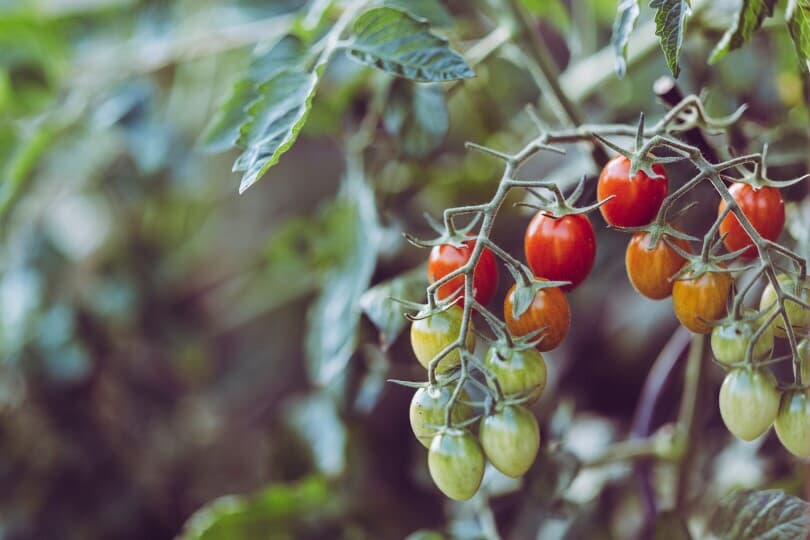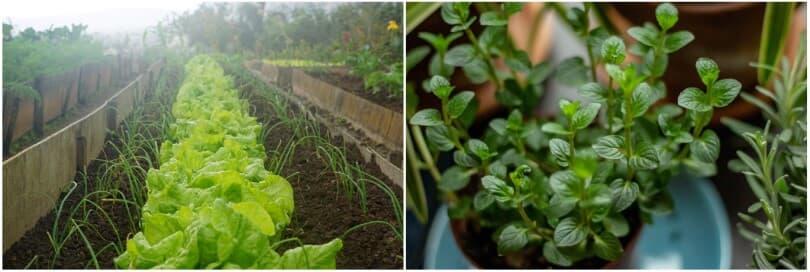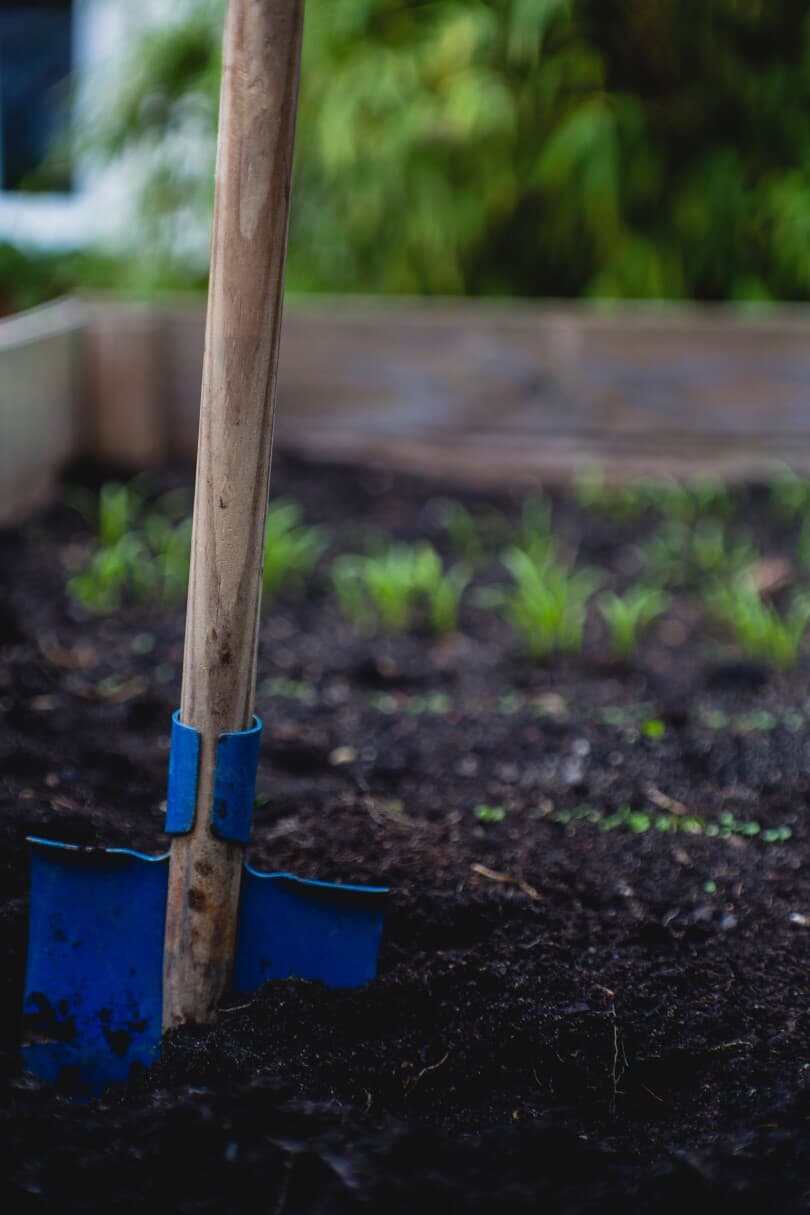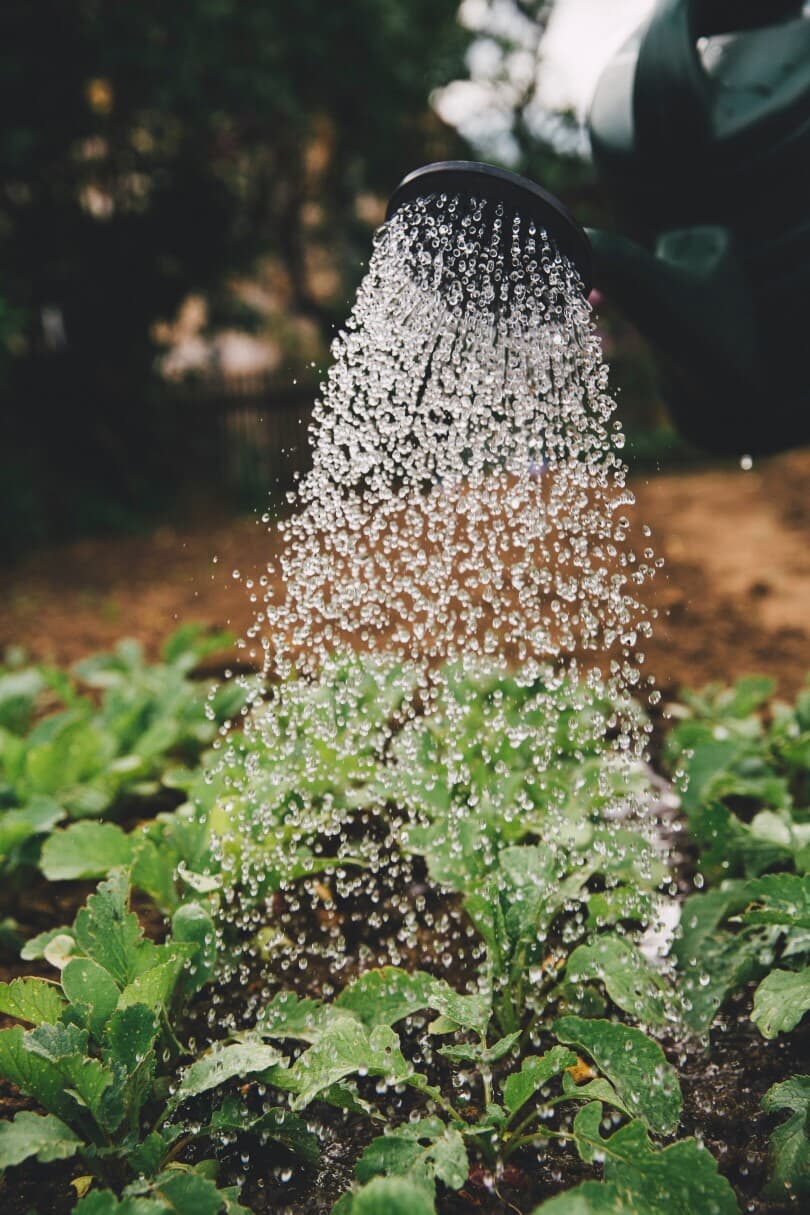Enjoy a 5.99% 30-Year Fixed Rate on select U.S. homes*! Limited time offer. Explore All Promotions
Starting a Backyard Garden for Beginners

Starting a garden is one of the most rewarding home projects you can embark upon. Whether you’re looking to grow your own vegetables, herbs, or fruit or want to enjoy the simple beauty of flowers and plants, it’s important to have a plan. Gardening in Colorado can be tricky for beginners so here are some tips to help you start your own backyard garden.
Location, Location, Location
Where in your yard would you like to display your garden? Whether it’s your side yard, corner of your yard, or right outside your back door, choose a location where you can keep an eye on your garden. If you can see your garden on a regular basis, you’re more likely to remember to prune and water it – out of sight often equals out of mind. Track the sunlight in your backyard as this is an important factor in finalizing the exact location of your backyard garden. Vegetables and herbs typically need at least 6 hours of sunlight, while fruits need up to 10 hours per day.
Know the weather
While there are differences, most of Colorado has a shorter growing season as compared to warmer, lower altitude areas. If you own a home in the Denver area, you have the added benefit of more hot summer days which can help your warm-weather plants thrive. Once you have an idea of your climate and growing zone, you should also recognize that Colorado weather presents a unique set of challenges that you’ll have to contend with if you want your garden to thrive. When growing in this region, you should stay vigilant about checking the weather and protect plants accordingly. It can be very worthwhile to invest in things like row covers, hoop tunnels, shade cloth, and wind breaks, as they can help protect your plants against extreme or rapidly changing weather.

Decide on your vessel
Once you know where you want your garden, decide on the type and size of your garden beds. Raised garden beds are a great option for warm-weather veggies while in-ground planting is more beneficial for your cool-season crops. For flowers and decorative plants, container gardening is a great solution especially if you’re working in limited space such as a small patio or balcony.
Invest in your tools
Much like good cutlery, the right gardening tools can turn a chore into a pleasure. You wouldn’t use a butter knife to chop up raw carrots! Avoid cheap plastic tools and invest in proper metal equipment. Good tools will not only save you time and effort but reduce the risk of injury. Take care of your equipment as well – keep your tools clean and sharp, just like you would a good knife.
Pick your plants
What do you want your garden to accomplish? Do you want vegetables and herbs to contribute to your dinner table? Do you want flowers for their flair, color, and fragrance? Start with a few plants that you can easily handle. Keep it simple and stick to a few complimenting vegetables, herbs or fruits. Once you know what you feel comfortable maintaining, you can decide how you want to expand.

Select the soil
Depending on the type of plants you choose and the vessel in which they will be grown, you will need to ensure the soil is prepared accordingly. Raised garden beds offer the advantage of starting your garden with the optimum amount of dirt and organic material, but can be more costly to fill and require more frequent watering as the soil can drain much faster. In ground gardens require more upfront work – clearing the ground, tilling the soil to loosen it, and balancing the pH levels.
Plant with care
Once you’ve done the groundwork (literally), you’re ready to jump in and start planting. If you’re starting from seeds, be sure to read the package directions thoroughly. Typically, you want to plant seeds roughly three times as deep as the diameter of the seed. Have enough space between each plant – aim for about 12 inches. Determine if companion planting would benefit your garden. Basil’s strong scent helps to repel pests from delicate tomatoes. Chives’ strong taste help prevent roses from getting eaten by beetles and aphids.

Water, water, water!
Once you’ve planted your plants, don’t forget to water accordingly. A rule of thumb for watering is that plants need around one inch of water per week during the growing season. Over-watering is just as bad as under-watering. If you’re guilty of either, look at installing drip irrigation to automatically control the amount of water your plants get. The best time to water is two hours before sunset or in the morning when the water won’t evaporate as quickly. Test the soil to determine your garden’s water needs. Stick your finger in the soil – if it’s dry by the knuckle then it’s time to water.
A garden is not only a great way to bring life and visual interest to your backyard, but is a proven stress reducer as well. Your new home in Denver is the perfect opportunity to create a new backyard garden. Connect with the Brookfield Residential Denver team to find the best place to call home.
